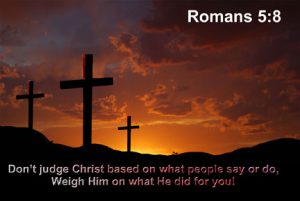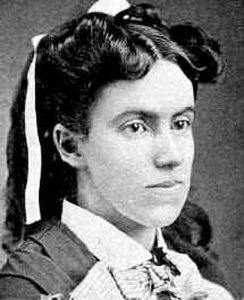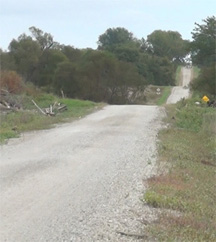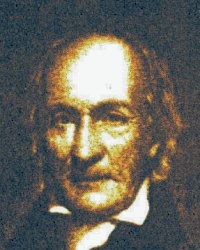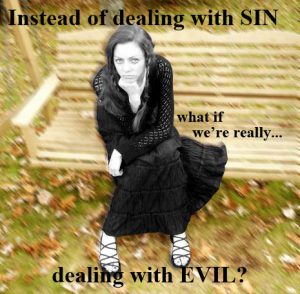Early Baptists believed Matthew 22:21 was our Lord’s indication that there is a two-fold form of government, civil and spiritual, and that these should be separate. How we define separation impacts how we view our society today. What do you think is meant by separation of church and state?
Most folks today will say the term “separation of church and state” comes from the phrase wall of separation appearing in a letter from Thomas Jefferson to the Danbury Baptist Association in 1802. However, the idea was not new. Our Baptist heritage is replete with proponents of both a “civil and spiritual state.”
In 1644, Roger Williams used the term wall of separation. [“Mr. Cotton’s Letter Lately Printed, Examined and Answered,” The Complete Writings of Roger Williams (New York: Russell & Russell Inc. 1963), Vol. 1, 108]
Thomas Helwys believed government exists for the benefit of all citizens be they “heretics, Jews, Turks, or what-so-ever.” [A Short Declaration of the Mystery of Iniquity, Classics of Religious Liberty 1 (by Richard Groves), Copyright, 1998, Mercer University Press, Macon, Georgia, USA.] This could not be true if one religious belief became THE established faith of the land.
John Leland, leader of Virginia Baptists following the Revolutionary War, discusses the idea of a “national church” in a sub-section titled “The Reasons of Their [Baptists] Dissent.” In that book, he writes, “The notion of a Christian commonwealth should be exploded forever…Government should protect every man in thinking and speaking freely, and see that one does not abuse another. The liberty I contend for is more than toleration. The very idea of toleration is despicable; it supposes that some have a pre-eminence above the rest to grant indulgence, whereas all should be equally free, Jews, Turks, Pagans and Christians.” [“The Virginia Chronicle,” The Writings of the Late Elder John Leland, G. W. Wood, 29 Gold Street, New York, 1845, p 117-118]
In his dedication to Parliament, John Clarke states the Lord Jesus has been given all power in Earth and has chosen to wield that power by a “two fold administration of power suitable to the two fold state or being of man.” [Ill Newes From New England, H. Hills, 1652, p 4-5]
What do you think is meant by separation of church and state? I’d be interested in your thoughts.


